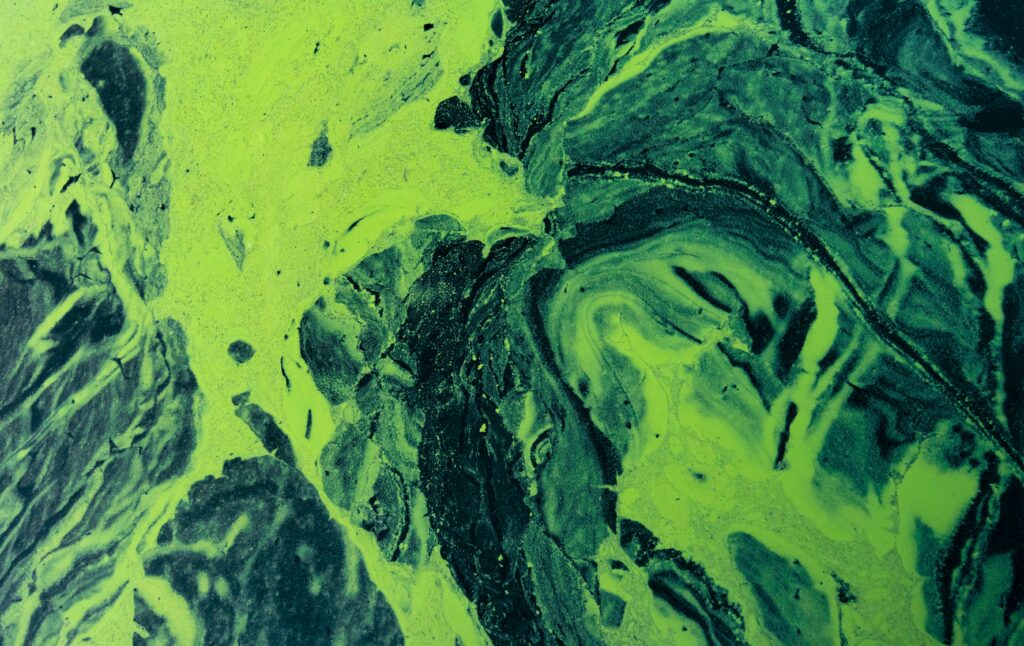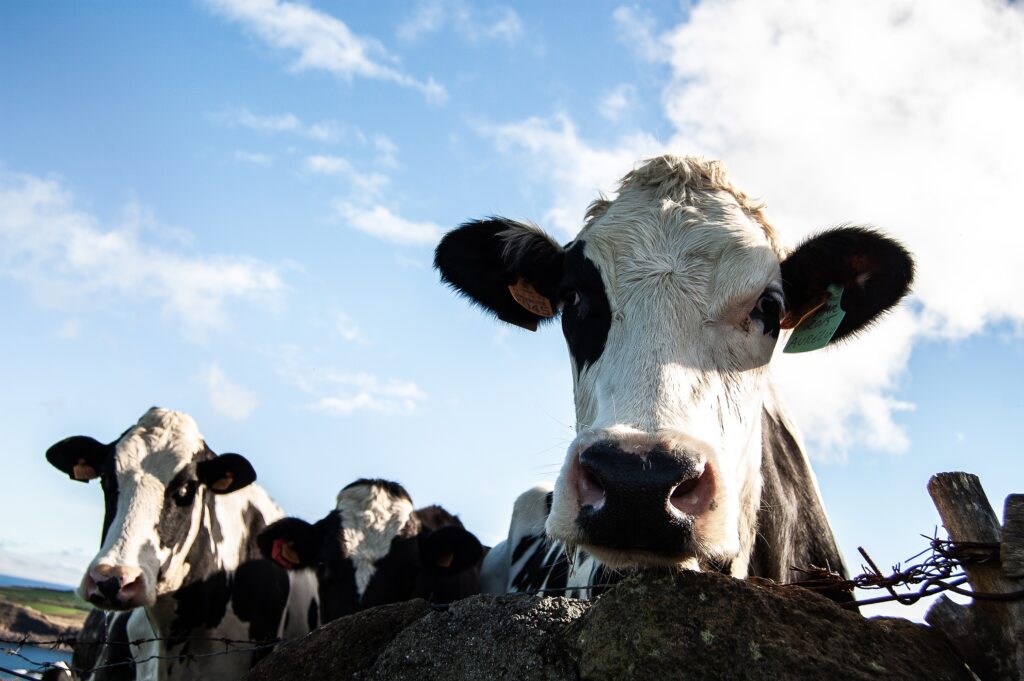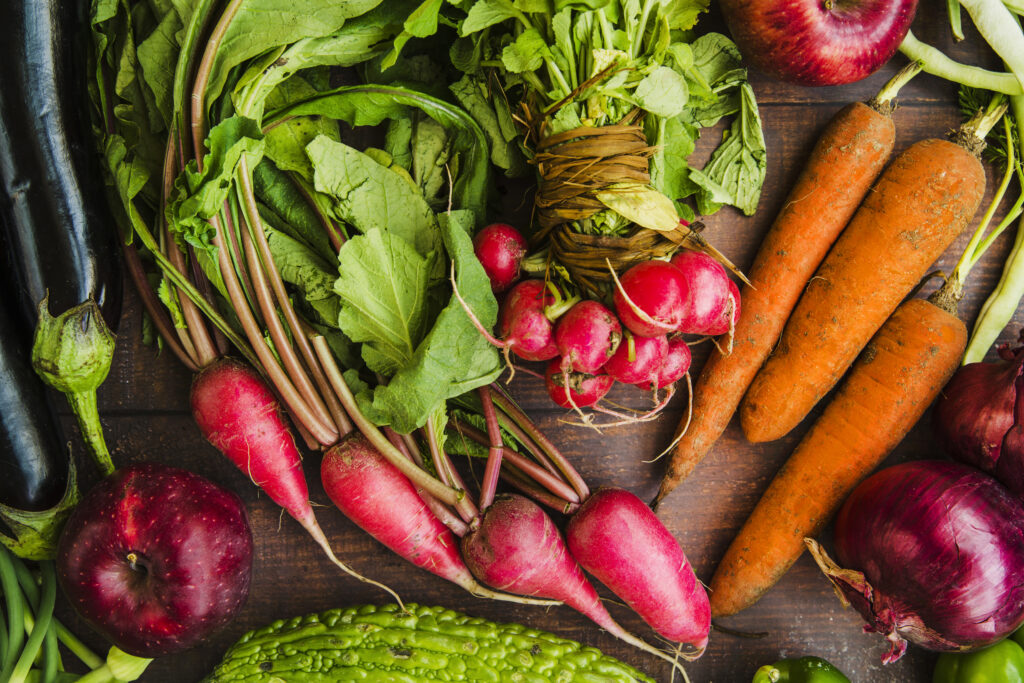
On Wednesday 18th September, our Vice Chairperson, Jack Coffey, met with the European Commission to discuss the submission we made in response to the public consultation in March of this year on the Nitrates Directive, as well as Ireland’s ongoing environmental challenges, particularly concerning nitrogen pollution and its broader impacts. The primary focus of the discussion was Ireland’s nitrates derogation, which permits farmers to exceed standard nitrogen limits in livestock farming, and the urgent need to enhance water quality if another derogation is to be approved in 2026.
Here’s an in-depth look at the key points discussed during the meeting:
Ireland’s Nitrates Derogation: A Double-Edged Sword
Ireland’s current nitrates derogation permits farmers to apply livestock manure at rates beyond the EU’s typical limit of 170 kg nitrogen/ha, allowing up to 250 kg/ha. This is critical for maintaining Ireland’s high stocking rates, particularly in the dairy and beef sectors. However, this flexibility comes with a significant environmental cost, as Ireland faces ongoing challenges with water pollution linked to agricultural runoff.
The European Commission has made it clear that Ireland’s water quality must improve if the derogation is to be extended beyond 2026. This presents a dilemma: how can Ireland balance its agricultural productivity with the urgent need to reduce nitrogen pollution?
Nitrogen Pollution: A Systemic Problem
Several environmental experts present at the meeting, including Dr. Elaine McGoff from the Sustainable Water Network and Eoin Brady from An Taisce, highlighted the severity of nitrogen pollution, emphasising its link with phosphorous pollution. One of the primary sources of contamination is the “urine patch problem”—when cattle graze on pasture late into the year, the nitrogen and phosphorous from their urine leach into water systems, exacerbating both pollution and biodiversity loss.
Jack stressed the need to adopt natural models in addressing these problems. He called for solutions like buffer strips, riparian zones around rivers, fallow fields, and reduced stocking rates. These nature-based approaches can help limit the harmful effects of intensive farming while restoring ecological balance.
Sustainability and Denial in Agriculture
A recurring theme in the discussion was the question of sustainability. Is Ireland’s grass-based, export-heavy agricultural system truly sustainable? The Commission raised concerns about whether the government would take the necessary steps to reduce stock numbers and address issues like urine patches. The fear of shifting to a housed system for cattle, which might lead to additional costs and resistance from the powerful farming lobby, looms large.
Several voices, including Charles Stanley-Smith from the Environmental Pillar, pointed out that the image of Ireland as a nation of small, green farms is outdated. In reality, many small and medium farms have disappeared, leaving larger, more intensive operations behind, contributing to increased emissions and pollution.

Ecological Restoration and Agriculture
While addressing nitrogen pollution is essential, participants, including Dr. Shane McGuinness of UCD, emphasized the broader need for ecological restoration. The loss of wetlands and natural buffers for rivers is worsening water pollution, as highlighted by Karin Dubsky of Coastwatch. These natural ecosystems act as filters, reducing nitrogen runoff before it reaches water bodies, but many of these landscapes have been degraded.
A promising solution lies in results-based payment schemes, which reward farmers for environmental stewardship rather than solely agricultural output. The Burren region in Ireland has successfully implemented such a model, showing that sustainable agriculture can coexist with biodiversity conservation. Expanding this model across the EU could help align farming practices with environmental goals.
An innovative approach also mentioned, that ZWAI Chairman Ollan Herr strongly supports in managing nitrogen pollution, involves training cows to urinate in designated areas, a concept that has been successfully tested in research trials. By collecting cattle urine in controlled environments, farmers can prevent nitrogen from seeping into the soil and water systems. This collected urine can then be used to produce struvite, a valuable compound created from phosphorous in the urine. Struvite can be repurposed as a sustainable fertiliser, creating a circular economy for phosphorus management and reducing its harmful environmental impacts. This technique not only addresses pollution but also promotes more sustainable farming practices.

The Role of Diet in Environmental Sustainability
Jack argued that promoting a plant-based diet is key to reducing nitrogen and phosphorous pollution in Ireland. Ireland currently produces a large amount of beef and dairy for export, which requires extensive land use compared to plant-based food systems. By shifting towards a more plant-centric diet, less land would be needed for farming, freeing up space for ecological restoration.
This rewilded land could provide ecosystem services such as water filtration and nitrogen reduction, all while enhancing biodiversity. Such a transition would also help reduce methane emissions, further contributing to Ireland’s climate goals.
Legal and Policy Implications
An ongoing legal case brought forward by An Taisce challenges the government’s interpretation of the Habitat Directive, arguing that mitigation measures for nitrogen pollution are not based on sound science. This highlights a critical gap in Ireland’s environmental policy, where short-term agricultural interests often clash with long-term ecological sustainability.
Humberto Delgado Rosa, Director of the Biodiversity Directorate at the EU Commission, echoed the importance of scientific evidence in policymaking. While acknowledging that some farmers want to improve water quality, he stressed that the derogation should not be seen as a loophole to bypass environmental regulations. The Commission is not against agriculture but is committed to ensuring that farming does not come at the cost of biodiversity and water quality.
Balancing Agriculture and Environmental Health
Ultimately, the meeting underscored the interconnectedness of agriculture, water quality, and biodiversity. While there is no easy solution, the consensus was that a balance must be struck between maintaining agricultural productivity and safeguarding Ireland’s natural resources.
Nature-based solutions, such as buffer strips and riparian zones, alongside policy shifts like results-based payment schemes and the promotion of plant-based diets, offer a pathway to achieving this balance. The future of Ireland’s nitrates derogation, and indeed its agricultural system, will depend on its willingness to adopt these more sustainable practices.
We were truly humbled to be invited to this important discussion with EU Commission representatives in Dublin. It gives us hope that our efforts are being heard! The coming years will be crucial in determining whether Ireland can successfully balance its agricultural ambitions with the urgent need to protect the environment for future generations. Collaboration and commitment will be key to meeting this challenge.
Thanks to Jack Coffey for representing ZWAI at this important meeting!
